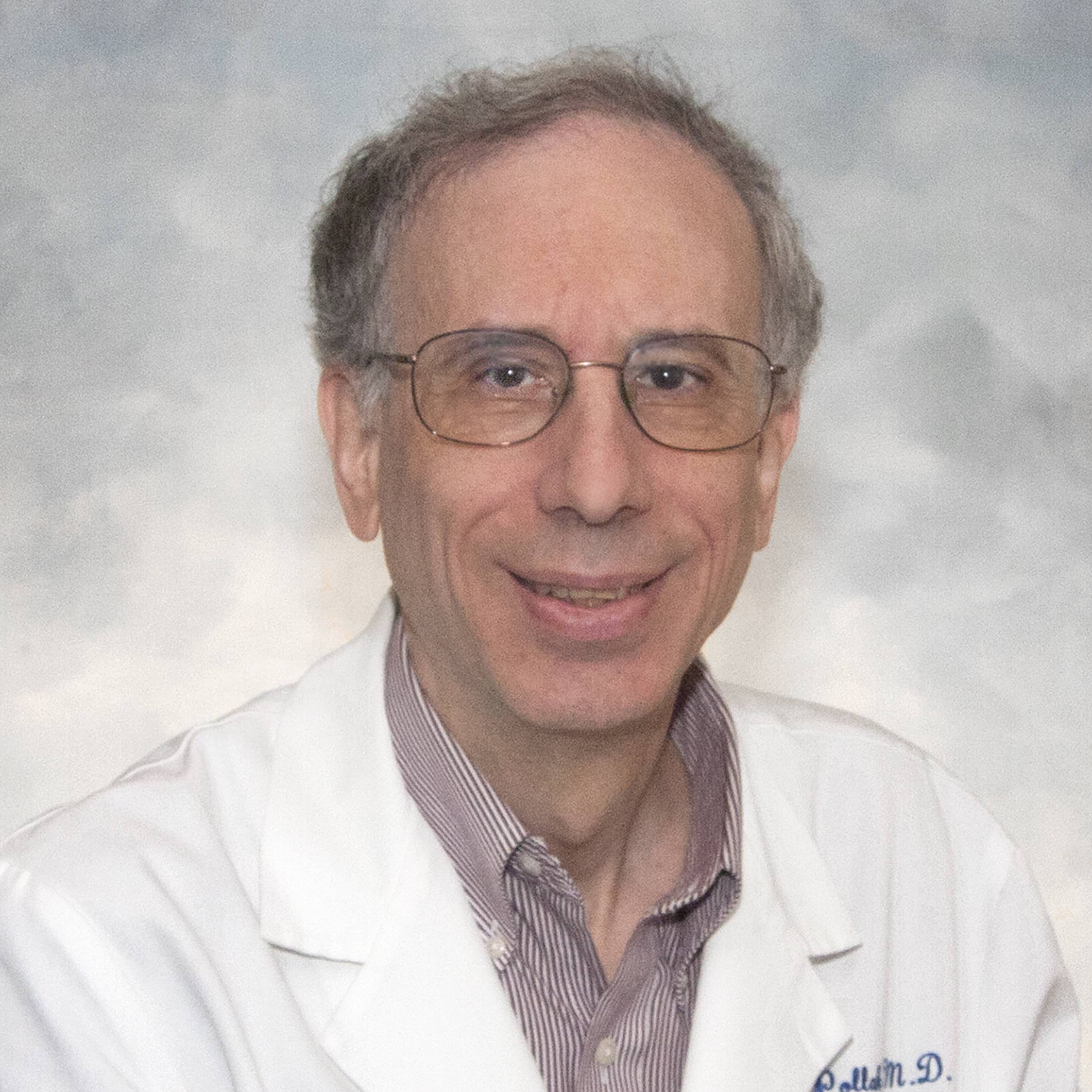Intraoperative Radiation Therapy
Definition
Intraoperative radiation therapy (IORT) is a targeted cancer treatment that delivers a concentrated dose of radiation to a tumor site during surgery. This approach minimizes the exposure of healthy tissues to radiation and can potentially reduce the number of postoperative radiation therapy sessions required.
Related Specialists
Showing 3 of 7
Related News
Related Departments
Showing 3 of 44
Radiology & Biomedical Imaging
We are committed to providing patient-focused, evidence-based care to all of our patients, pairing clinical expertise with the latest advances in technology. We offer a comprehensive range of imaging services, and tailor each exam to meet each patient’s specific needs. Our board-certified doctors are national and international leaders in diagnostic imaging and advanced image-guided therapies, and they are dedicated to maintaining the highest standards of care in patient safety, quality, and satisfaction. We employ a multidisciplinary approach to care, and collaborate with physicians from all medical specialties to make the most accurate diagnosis and determine the best treatment options. Yale patients have access to highly advanced imaging equipment, including an intraoperative MRI/IR/OR suite, and 3D tomosynthesis. Our radiologists conduct advanced research in MRI, MRS, PET, interventional oncology, and image processing. Specialized care is offered in the following areas: Abdominal imaging Breast imaging Cardiovascular imaging Emergency and trauma radiology Neuroradiology Nuclear medicine and molecular imaging (including PET/CT) Pediatric radiology Thoracic imaging Vascular/interventional radiology Rapid, in-house subspecialist imaging interpretations Overnight coverage by three in-house attending radiologists at Yale New Haven Hospital Leader in 3D tomosynthesis mammography imaging and research Leader in screening breast ultrasound Comprehensive multidisciplinary lung cancer screening program with ultra-low-dose CT scanning Cardiac CoreValue planning service, providing a minimally invasive transcatheter aortic valve implantation option for patients with severe aortic stenosis MRI for pacemaker patients Ultrasound contrast and elastography imaging Dedicated peripheral vascular ultrasound Integrated musculoskeletal ultrasound device Subspecialized pediatric interventional radiology expertise Recognized expertise in management of primary and secondary liver cancer Molecular imaging for recurrent prostate cancer and the diagnosis of Alzheimer’s disease Advanced tumor imaging for optimizing best treatment outcomes DaTscan, a diagnostic test for Parkinson’s Disease Portable neuro Intensive Care Unit (ICU) computed tomography (CT) scanning Interventional radiology with state-of-the-art minimally invasive image-guided therapy, including targeted and precision cancer treatments, back pain treatment, and biliary stone laser treatment, among othersHepatology
Our hepatologists, or those who specialize in treating disorders of the liver, gallbladder, and bile ducts, are highly trained and equipped to treat acute or chronic liver disease. Our doctors are able to provide answers to patients with acute or chronic liver disease, from initial evaluation to management of difficult and complex disease. Our special services include: Diagnosis and treatment of complex liver disorders, including cholestasis, autoimmune diseases, and metabolic diseases (such as Wilson's Disease, hemochromatosis, and alpha-1 antitrypsin deficiency) Liver biopsy, large volume paracentesis, infusions, invasive measurement of portal pressure, endoscopic treatment of variceal bleeding, and Transjugular Intrahepatic Portosystemic Shunts (TIPS) Nutrition evaluation and treatment Management of chronic liver disease and cirrhosis Inpatient treatment of decompensated liver cirrhosis and acute liver failure Our primary clinical programs are: The Viral Hepatitis Program provides state-of-the-art therapy for patients with Hepatitis B and Hepatitis C infections. The Steatohepatitis Program specializes in nonalcoholic steatohepatitis (NASH), a liver disease that is related to fatty liver that is becoming more common. It is associated with a number of metabolic disorders, including diabetes and obesity. The Liver Cirrhosis Program periodically monitors patients for the development of cirrhosis, in which scar tissue replaces healthy liver tissue. The Liver Cancer Program features a team of specialists, from transplant surgeons to medical oncologists, who work together to find the best treatment in order to preserve liver function and monitor for possible recurrence of the cancer. The Liver Transplant Program offers comprehensive care to patients who need living or deceased donor transplantation. Liver transplantation is the cure for many acute and chronic liver diseases.Sports Cardiology Program
Sometimes, an athlete—seemingly in peak physical condition—experiences sudden cardiac arrest on the playing field due to an undiagnosed heart condition. Yale Medicine’s Sports Cardiology Program is dedicated to preventing such tragedies through comprehensive screening, evaluation, and management of cardiovascular disease in athletes. The Sports Cardiology Program brings a multidisciplinary approach to the identification and treatment of potentially life-threatening cardiac abnormalities in athletes. The program provides two distinct services: Pre-participation screening of college and university athletes to detect any potential abnormalities before they compete Consultation and care for athletes of any age who either have known cardiovascular disease or who have symptoms that could be related to cardiovascular disease Yale Medicine specialists begin with an electrocardiogram (ECG), which records the electrical activity of the heart, to check for a variety of cardiac conditions. When screening college and university athletes, Yale experts interpret the ECG, offer recommendations for follow-up care, if needed, and work closely with the school to monitor and advise the athlete going forward. Yale physicians have been performing ECG screenings for Yale University athletes since 2015. With the launch of the Sports Cardiology Program, Yale Medicine is now performing screenings for athletes at three local universities, as well as the Connecticut Whale women’s professional hockey team. In addition to a pre-participation screening of college athletes, the Sports Cardiology Program provides ongoing clinical care for athletes of any age (including children) who have a known cardiac condition or symptoms that may indicate cardiac abnormalities, such as passing out or palpitations. In both cases, the goal is to develop an effective diagnosis, treatment, and management strategy for the athlete and provide recommendations on whether and how the athlete can safely participate in competitive sports. The foundation of Yale Medicine’s program is its multidisciplinary approach to these issues. A team of experts from many specialty areas works together to provide comprehensive, integrated services and holistic care for athletes. The program’s director, Rachel Lampert, MD , is a sports cardiologist, electrophysiologist, and arrhythmia specialist who frequently writes and speaks on preventing sudden cardiac arrest in athletes. Dr. Lampert has conducted extensive research in this area, including studies on whether athletes with implanted defibrillators can safely participate in sports. The Sports Cardiology Program also features imaging teams that use highly specialized diagnostic tools such as cardiac MRIs and echocardiography. The team also includes experts in adult and pediatric arrhythmia, cardiac channelopathies, cardiomyopathy, genetic cardiovascular diseases, and more. In addition, Dr. Lampert and her team frequently partner with Yale’s Sports Medicine Pro



